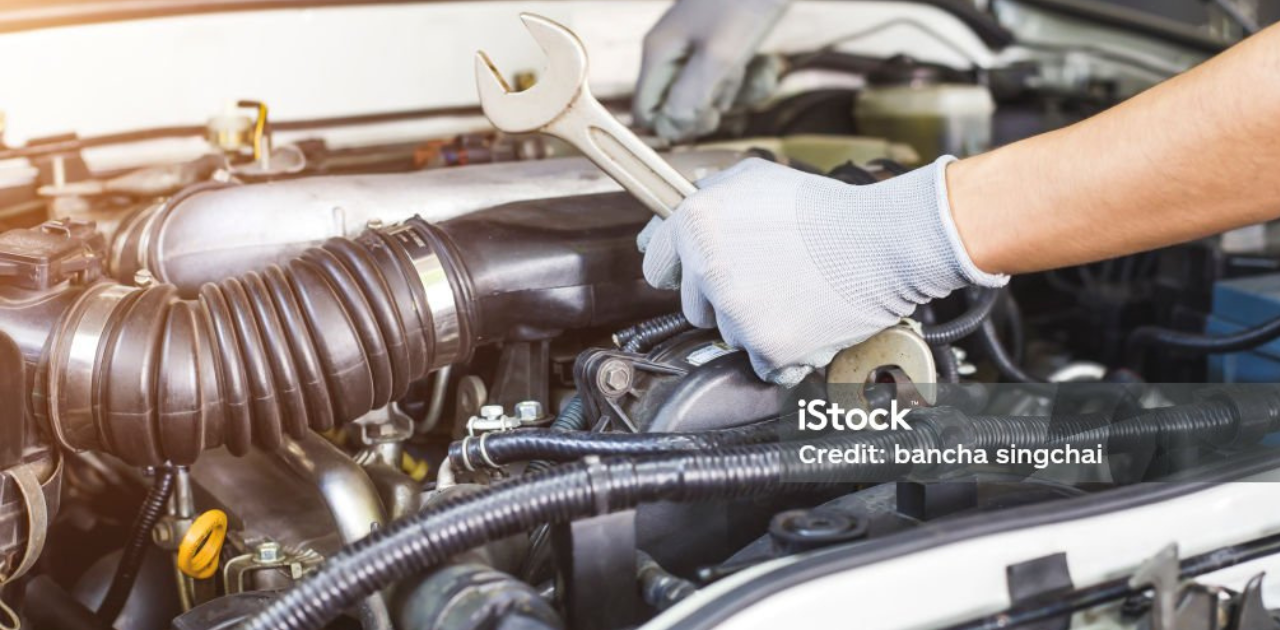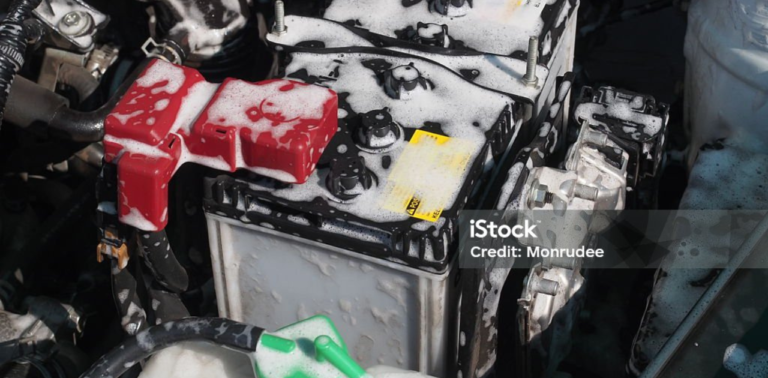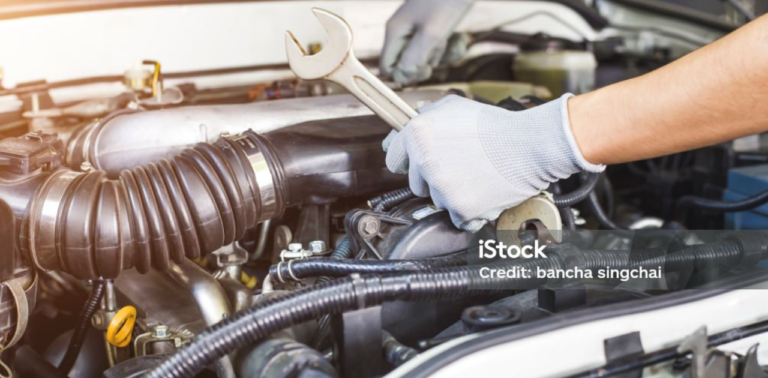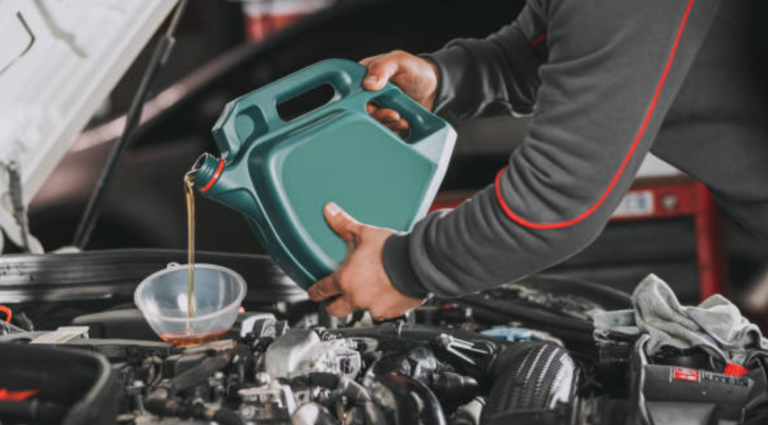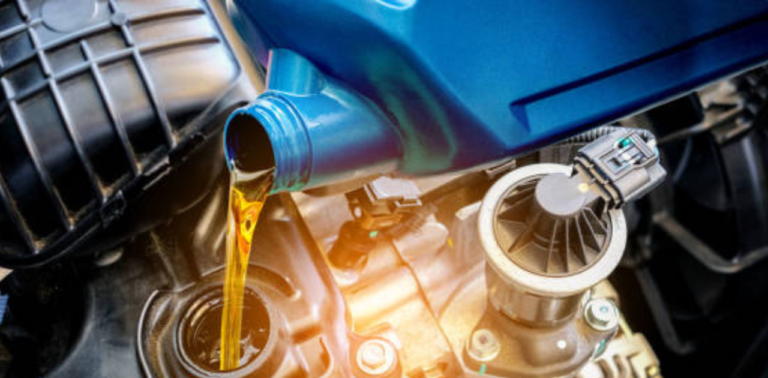12 Signs of Bad Engine: How to Recognize Engine Troubles Early
Keeping your engine in top condition is crucial for the longevity and performance of your vehicle. Recognizing the early signs of engine trouble can save you from costly repairs and dangerous breakdowns. This article will help you understand the signs of bad engine and how to address them promptly.
How Do You Detect signs of bad Engine Problems?
Detecting engine problems early can prevent significant damage and expensive repairs. Here are some common signs to look out for:
- Check Engine Light
- The check engine light is a critical warning signal. When this light illuminates, the vehicle’s onboard diagnostics system detects an issue. It could range from a loose gas cap to more serious problems like a failing catalytic converter.
- Unusual Noises
- Engines are designed to run smoothly and quietly. If you hear knocking, ticking, or tapping sounds, it could indicate worn-out engine bearings, lifter issues, or other mechanical problems. Pay attention to any unusual noises and consult a mechanic if they persist.
- Excessive Exhaust Smoke
- The color of your exhaust smoke can reveal a lot about your engine’s health. Blue smoke suggests burning oil, white smoke indicates coolant leakage, and black smoke means excessive fuel burning. Each color points to different potential issues that need immediate attention.
- Poor Fuel Efficiency
- A sudden decrease in fuel efficiency can signal engine trouble. Issues such as clogged fuel injectors, dirty air filters, or failing sensors can cause your engine to use more fuel than usual. Regular maintenance can help prevent these problems.
How to Know If an Engine is Failing?
Recognizing the signs of bad engine can help you take action before it’s too late. Here are some indicators that your engine might be on its last legs:
- Loss of Power
- If your vehicle struggles to accelerate, maintain speed, or feel sluggish, it could be due to a failing engine. This loss of power can result from various issues, including fuel system problems, air intake blockages, or compression loss in the cylinders.
- Rough Idling
- An engine that idles roughly or stalls frequently is a clear sign of trouble. Spark plug issues, fuel delivery problems, or a malfunctioning idle air control valve could cause this. It’s essential to have these issues diagnosed and repaired quickly.
- Overheating
- An overheating engine is a serious problem that can cause significant damage if not addressed promptly. Common causes of overheating include a malfunctioning thermostat, low coolant levels, or a failing water pump. Always monitor your temperature gauge and address any overheating issues immediately.
How Do You Know If Your Engine Is About to Give Out?
Recognizing when your engine is on the brink of failure can help you avoid a breakdown. Here are some signs that your engine might be about to give out:
- Oil Leaks
- Oil is the lifeblood of your engine. If you notice oil spots under your vehicle or a significant drop in oil levels, it’s a sign that your engine might be leaking. Common places for leaks include the oil pan, valve cover gasket, and crankshaft seals.
- Engine Stalling
- Frequent stalling, especially when the engine is idling or under load, can indicate severe engine issues. Stalling can be caused by fuel system problems, ignition issues, or a failing sensor. It’s crucial to diagnose the root cause to prevent further damage.
- Vibrations
- Excessive vibrations from the engine compartment can indicate various problems, such as worn-out engine mounts, misfires, or imbalance in the engine components. If you feel unusual vibrations while driving, have your engine checked immediately.
What Are the Symptoms of a Blown Engine?
A blown engine is a catastrophic failure often requiring a complete replacement. Here are some symptoms to watch for:
- Burning Smells
- If you detect burning smells, such as burning oil, rubber, or plastic, coming from your engine, it could indicate serious damage. These smells often accompany overheating, electrical issues, or fluid leaks, which can lead to a blown engine if not addressed.
- Dashboard Warning Lights
- Besides the check engine light, other warning lights on your dashboard, such as the oil pressure or temperature warning lights, can signal severe engine issues. Ignoring these warnings can lead to a blown engine and costly repairs.
How Can I Check My Engine Myself?
While some engine problems require professional diagnosis, you can perform several checks yourself to keep your engine in good condition:
- Regularly Check Oil Levels: Ensure your engine oil is at the correct level and change it according to your vehicle’s maintenance schedule.
- Inspect Belts and Hoses: Look for signs of wear, cracks, or leaks in belts and hoses.
- Monitor Coolant Levels: Check and maintain proper coolant levels to prevent overheating.
- Listen for Unusual Noises: Listen to any new or strange noises from your engine.
- Observe Exhaust Smoke: Note the color and quantity of exhaust smoke and address any abnormalities.
What Makes an Engine Unfixable?
Some engine issues can be so severe that they render the engine unfixable. Here are a few scenarios where an engine might be beyond repair:
- Severe Overheating: If an engine overheats to the point of causing significant internal damage, such as warped cylinder heads or a cracked engine block, it might be unfixable.
- Catastrophic Failure: A catastrophic failure, such as a thrown rod or a shattered piston, often results in extensive damage that is not cost-effective to repair.
- Neglect and Lack of Maintenance: Prolonged neglect, such as consistently running the engine low on oil or ignoring significant warning signs, can lead to irreparable damage.
- Hydrolock: If an engine ingests water, it can cause hydrolock, where water enters the cylinders and prevents the pistons from moving. This can bend or break engine components, often leading to a total engine failure.
Conclusion
Recognizing the early signs of engine trouble is crucial for maintaining your vehicle’s health and avoiding costly repairs. By paying attention to the indicators discussed in this guide, you can detect engine problems early, know when your engine might be failing, and take steps to prevent a catastrophic breakdown. Regular maintenance and prompt attention to warning signs will help keep your engine running smoothly for years.
